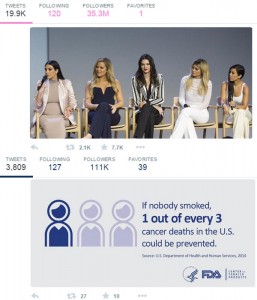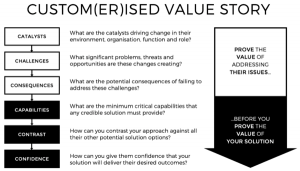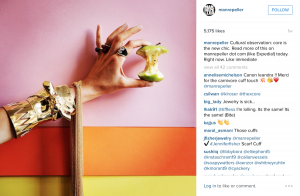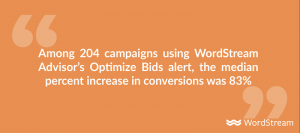
It takes just seconds to pull together a bit of content on Twitter. And chances are, if you’re active in any kind of B2B or SEO capacity, you write Tweets all day long. When pithy thoughts come into your head, you Tweet them. When cool articles fly by on your computer, you Tweet cool quotes from them. It’s part of your job.
But the wrong Tweet could torpedo your reputation, and it could take you years to recover. Just ask Justine Sacco, who was (again) the focus of media interest via the New York Times over the weekend. One Tweet she sent in 2013 is still impacting her life, her confidence, and her work.
You don’t want that to be you, right?
That’s why it pays to step back and ask yourself these 10 questions before you hit the send button on any piece of content on Twitter. If you’re tempted to say “Yes” to even one of these questions, it’s time to go back to the writing desk.
Here goes.
1. Are you using a racial slur?
Think of Twitter as a kindergarten classroom. Any words that would get you kicked out of that room will get you kicked on Twitter.
2. Are you poking fun at another race or ethnicity?
Jokes about the ways people of a specific race or ethnicity typically behave have no place on Twitter (even if you are a member of that race or ethnicity).
3. Are you sharing a secret?
Sure, it’s fun to surprise and delight by sharing something for the first time on Twitter. But if you’re revealing something that should stay secret (like a new product or earnings data), you could be in hot water in no time.
4. Have you just been through some kind of emotional experience?
Anger, extreme sadness or overwhelming joy could all prompt you to speak in ways that aren’t reflective of who you are in less heady moments. That’s why it pays to stay away from the keyboard when you’re overwhelmed with emotion.
5. Are you hoping to embarrass someone?
Twitter isn’t the place to carry out your revenge fantasies. An online argument typically doesn’t get the problem solved, and it usually makes the attacker look pretty bad.
6. Will your comments make sense to people who don’t know you personally?
Jokes are the big danger here. You can get away with saying some things to your friends that are borderline offensive, but when you share the same things with a wider community, big problems can spring up.
7. Would you show what you’ve written to your boss or your clients?
If you think your comments will stay hidden, think again. Your Twitter comments can quickly find their way to people who have a big influence over your future success. If you’re too ashamed to show those people your comments, don’t send them out.
8. Would you show what you’ve written to your grandmother?
If you’re tempted to say nasty things your boss might approve of, think about what your family members and loved ones might say. If the thought fills you with shame, that text is probably best left unsent.
9. Is the hashtag you’re including attached to offensive/unrelated content?
If you’re tempted to pop a hashtag onto your comments for added marketing impact, make sure the tag really relates to your content. And never latch on to tags that are linked to inflammatory comments.
10. Is there a better way to share this idea?
Tweets are short, so you don’t have the space to give comments about context. If your thought is too big and too complicated to be contained in a Tweet, expand it into a blog, a letter or a phone call.
I’ll admit that following these rules might mean creating Tweets that don’t seem spontaneous or emotional. But, I can guarantee that following these rules can lead to Tweets that don’t have the power to ruin your reputation. To me, that’s a much better outcome.
Photo credit: Nookhoog_Buchachon via FreeDigitalPhotos.net
(241)









